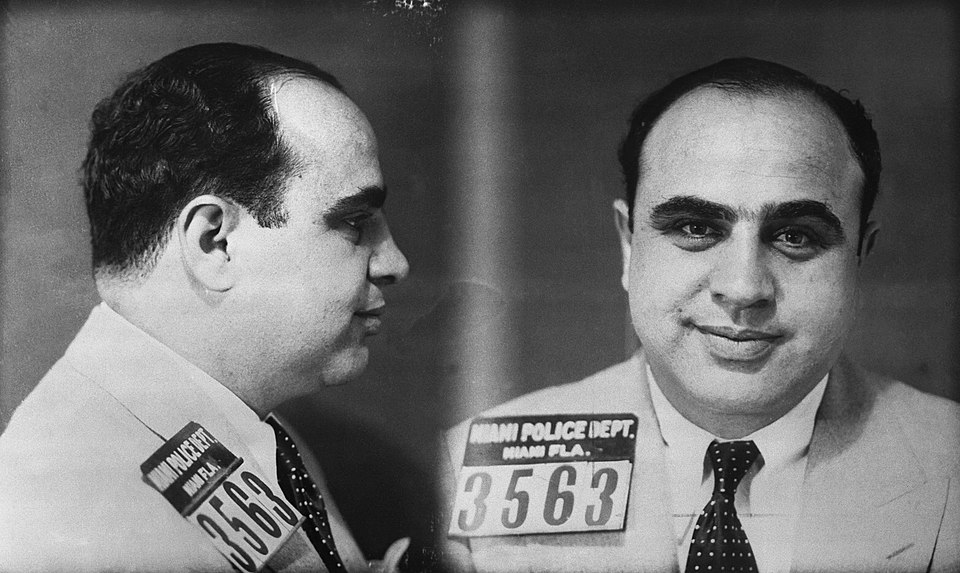
Pope Francis died this month at the age of 88, after twelve years at the helm of the Catholic church. What should atheists think about his legacy?
Despite my scorn for Roman Catholicism’s absurd dogmas and imperial pomp, I can’t deny there were things I liked about the guy. For instance, he said some good things about climate change. I was amused when he fired an ultra-conservative bishop.
To his credit, he said that homosexuality shouldn’t be a crime, and he formally apologized for the church’s participation in cultural genocide of indigenous people. He spoke out for immigrant rights and against Israel’s war on Gaza.
All these are praiseworthy sentiments, and hopefully the next pope will continue to emphasize them. But what’s more notable are the things Francis didn’t do. Granted, the papacy is only a bully pulpit when it comes to world affairs – but even within the church, where he had power, he didn’t use it.
He didn’t lift Catholicism’s absolute ban on contraception and abortion that’s cost so many women their lives, their health and their freedom. He didn’t allow women to become priests; in fact, he agreed with it. He didn’t condemn, and even seemed to excuse, fundamentalist violence against freethinkers who satirize religion.
He did nothing meaningful about the continuing scandal of priests molesting children. In particular, he didn’t take the biggest step a pope could theoretically take: sanctioning bishops who covered it up.
Despite his occasional sympathetic remarks, he didn’t change any of Catholicism’s harsh and repressive dogmas about LGBTQ people.
It’s true that he permitted priests to bless same-sex couples (the same way they bless pets, or golf clubs), but only as long as they don’t do it in a way that implies official sanction of their relationship. It’s almost a backhanded compliment, recognizing people in same-sex partnerships as long as they accept being treated as lesser than opposite-sex relationships. He also didn’t stop the cruel practice of Catholic schools randomly firing beloved teachers for being gay.
This seems like the theme of Francis’ papacy. He tried to convey an impression of acceptance and tolerance, but without changing the religious dogmas that were the problem in the first place.
You have to wonder what his motivations were. Did he want reform, but was hemmed in by church politics and the weight of tradition, which conspired to prevent him from bringing about real change? Or was it only a PR strategy – did he agree with those religious rules and teachings, and only sought to put a friendly face on them to make the church more appealing?
We’ll probably never know what the truth was. But either way, there’s a lesson in it, even for those of us who aren’t Catholic.
Although Francis wasn’t truly an agent of change, people thought he was. And they loved him for it: he was consistently popular throughout his papacy. He was more popular than his predecessor, which means tribal loyalty among Catholics can’t be the sole explanation.
What this shows is that people want a humane leader. They hunger for a leader who projects a sense of kindliness and compassion, someone who cares about them and empathizes with them. That moral philosophy still appeals to people, even in a world of right-wing demagogues who make cruelty their governing rule. Whether or not Francis truly exemplified those gentler virtues, Catholics believed he did, and that’s why they liked him.
This should be a lesson for reformers and social-justice warriors of all stripes. If we want to win, we have to be clear about why we want a better world. It’s not about a tribalistic desire to “win”, or a merely economic concern for fairness. It’s because we care about everyone and want what’s best for them. If progressivism isn’t rooted in this love of humanity, it has no chance of success.
Image credit: Korea.net / Korean Culture and Information Service (Jeon Han), released under CC BY 2.0 license





